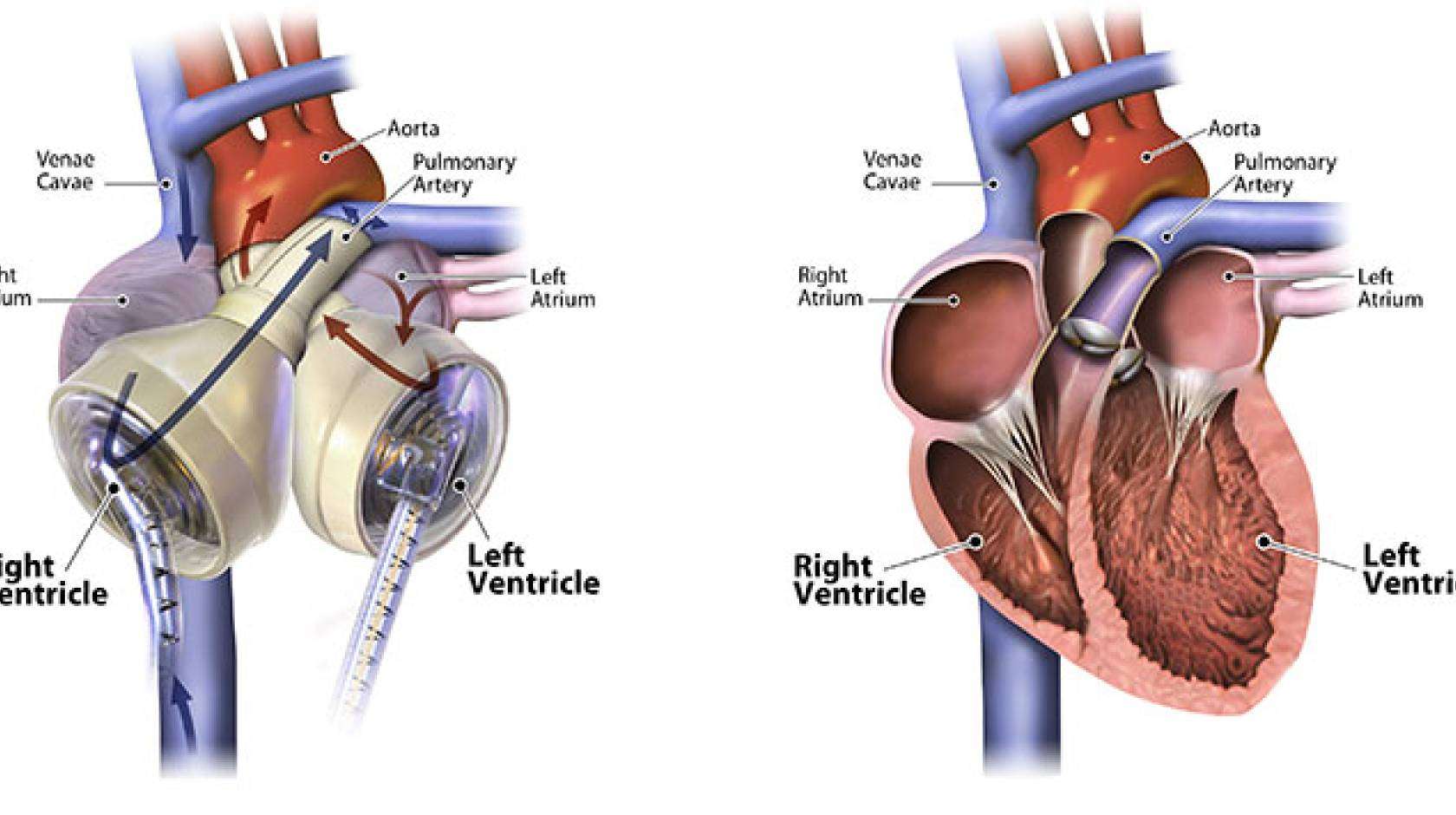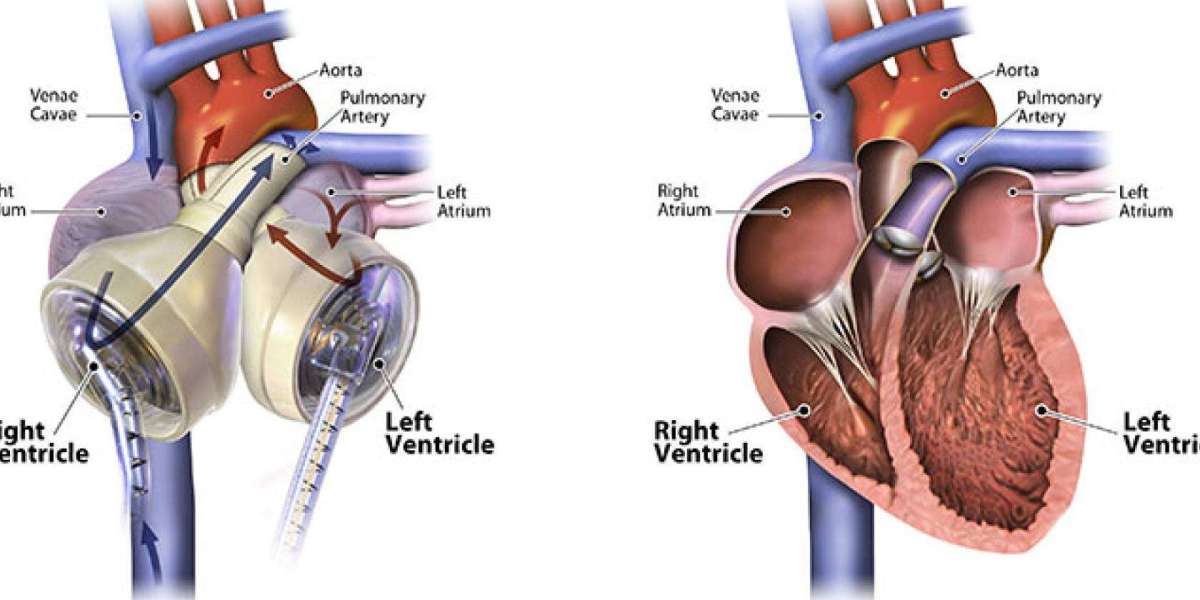For individuals battling end-stage heart failure, the future can feel bleak. Traditional treatments like medication and surgery often fall short, leaving patients with few options and dwindling hope. However, advancements in medical technology have given rise to a revolutionary solution: artificial heart transplants. This life-saving procedure offers a second chance at life, and India is rapidly emerging as a leader in this field.
Understanding Artificial Heart Transplants:
An artificial heart, also known as a Ventricular Assist Device (VAD) or Total Artificial Heart (TAH), is a mechanical pump that takes over the pumping function of a failing heart. It helps circulate blood throughout the body, ensuring vital organs receive the oxygen and nutrients they need. This technology can be a bridge for those waiting for a heart transplant or a long-term solution for patients ineligible for traditional transplant surgery.

Benefits of Artificial Heart Transplants in India:
Access to Leading Hospitals: India boasts specialized medical centers, including the top 10 hospitals in India, equipped with cutting-edge technology and experienced surgeons.
Lower Cost: Compared to developed countries, the cost of artificial heart transplants in India is significantly lower, making it more accessible to a broader population.
Reduced Waiting Times: The wait time for a donor heart in India is shorter than in many other countries, offering patients a quicker path to recovery.
Advanced Technology: Indian hospitals utilize advanced medical technology, ensuring patients receive the highest quality of care.
Top 10 Hospitals in India Performing Artificial Heart Transplants:
All India Institute of Medical Sciences (AIIMS), New Delhi
Fortis Escorts Heart Institute, New Delhi
Apollo Hospitals, Chennai
Sri Jayadeva Institute of Cardiovascular Sciences and Research, Bangalore
Medanta - The Medicity, Gurgaon
Narayana Health City, Bangalore
Kokilaben Dhirubhai Ambani Hospital, Mumbai
Manipal Hospital, Whitefield, Bangalore
Amrita Institute of Medical Sciences, Kochi
Max Super Specialty Hospital, Saket, New Delhi
Challenges and Opportunities:
While the future of artificial heart transplants in India is promising, certain challenges remain:
Limited Insurance Coverage: Insurance coverage for these procedures can be limited, making it financially challenging for some patients.
Donor Organ Shortage: The scarcity of donor hearts necessitates the need for further advancements in artificial heart technology.
Public Awareness: Increasing public awareness about artificial heart transplants can encourage organ donation and reduce stigma surrounding the procedure.
However, despite these challenges, India's commitment to research and development is paving the way for a brighter future. With ongoing advancements in technology, the cost of these procedures is expected to decrease, making them accessible to more patients. Additionally, initiatives to raise awareness and encourage organ donation can help bridge the gap in donor availability.
Conclusion:
Artificial heart transplants offer hope for individuals suffering from end-stage heart failure. India, with its skilled medical professionals, advanced technology, and growing expertise in this field, is poised to become a global leader in this life-saving technology. By addressing the existing challenges and fostering continued innovation, India can ensure that artificial heart transplants become a readily available option for all those in need, offering a second chance at life.
Remember, this information is for general knowledge only and should not be substituted for professional medical advice. Always consult with your doctor to discuss your specific health concerns and treatment options.


